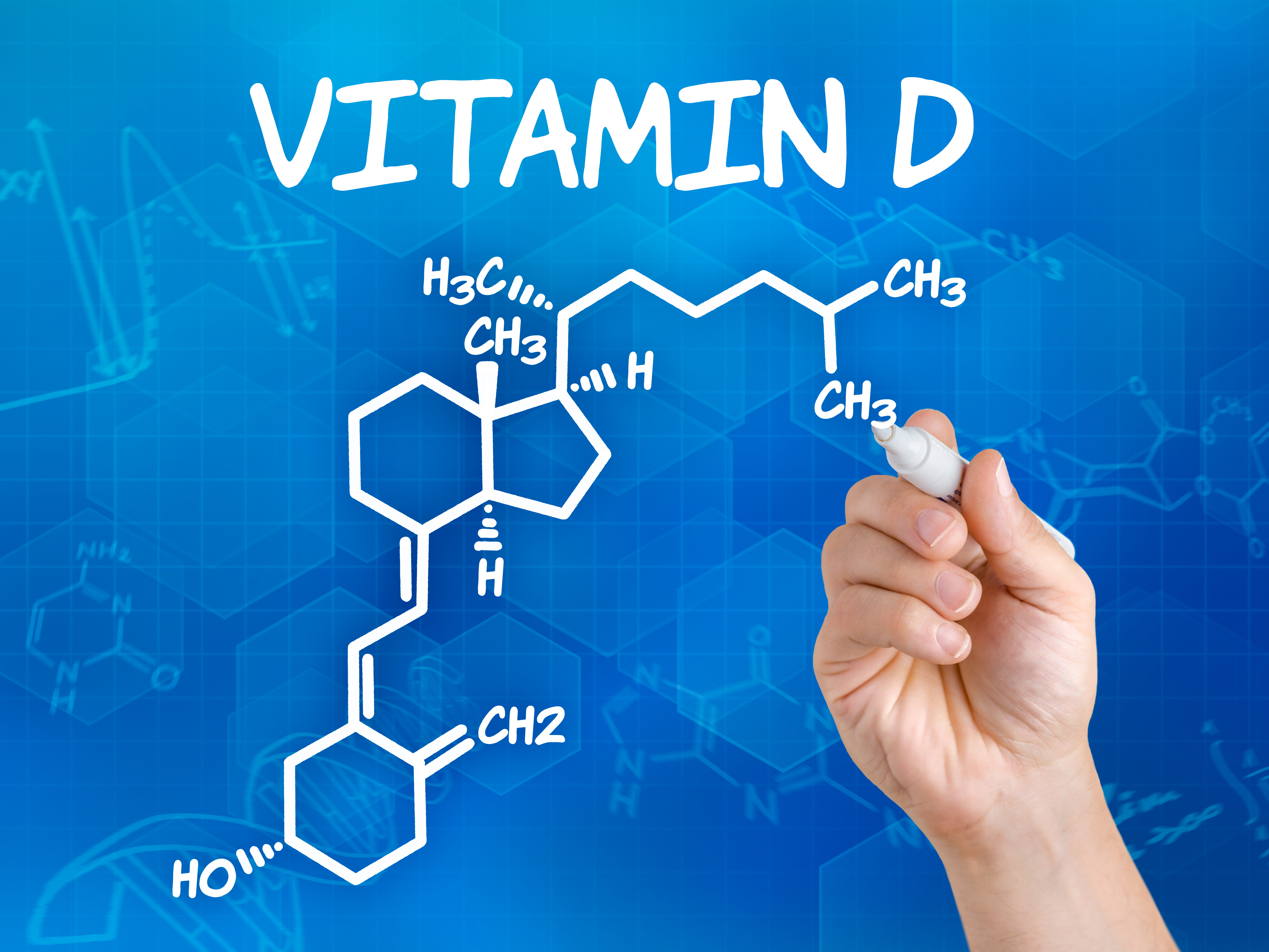Get Easy Health Digest™ in your inbox and don’t miss a thing when you subscribe today. Plus, get the free bonus report, Mother Nature’s Tips, Tricks and Remedies for Cholesterol, Blood Pressure & Blood Sugar as my way of saying welcome to the community!
Low vitamin D linked to another cancer

A host of illnesses are associated with vitamin D deficiency—including cancers like colorectal, lung, prostrate, breast and ovarian. And now low D it is being blamed for leukemia.
Epidemiologists at University of California, San Diego School of Medicine report [1] that persons living at higher latitudes, with lower sunlight/ultraviolet B (UVB) exposure who experience a greater prevalence of vitamin D deficiency, are at two times greater risk of developing leukemia than equatorial populations—where sun exposure is greater.
“These results suggest that much of the burden of leukemia worldwide is due to the epidemic of vitamin D deficiency we are experiencing in winter in populations distant from the equator,” said Cedric Garland, DrPH, adjunct professor in the Department of Family Medicine and Public Health and member of Moores Cancer Center at UC San Diego Health.
“People who live in areas with low solar ultraviolet B exposure tend to have low levels of vitamin D metabolites in their blood,” Garland said. “These low levels place them at high risk of certain cancers, including leukemia.”
Few foods are natural sources of vitamin D, which is more abundantly produced when ultraviolet radiation from sunlight strikes the skin and triggers synthesis.
But did you know that vitamin D plus calcium supplementation lowers the risk of getting any cancer by over 75 percent?
In a double-blind, randomized placebo-controlled trial – the most stringent study you can do in medicine – researchers followed 1,179 post-menopausal women for 4 years. [2]
They discovered that those who supplemented with 1,400 mg calcium plus 1,100 IU vitamin D3 had 76.8 percent fewer cancers after the first year compared to the group that got no extra vitamin D.
The best way to get your D, according to Dr. Michael Cutler, is to go outside. Just 20 minutes of sunshine daily (I recommend you sunscreen your face with a paraben-free sunscreen) will convert vitamin D in your skin to its activated form (D3) and maintain optimal levels.
You can also supplement. 1,000 International Units (IU) daily or 5,000 IU twice weekly of vitamin D3 is typically all you need to do to boost and maintain your level adequately.
It won’t hurt to add vitamin D-rich foods to your diet. Foods rich in vitamin D3 are fish oils, cold-water fish, dairy products and butter. There is only one vegetable that has vitamin D, and that’s the mushroom at 114 IU per cup.
Editor’s note: Discover how to live a cancer prevention lifestyle — using foods, vitamins, minerals and herbs — as well as little-known therapies allowed in other countries but denied to you by American mainstream medicine. Click here to discover Surviving Cancer! A Comprehensive Guide to Understanding the Causes, Treatments and Big Business Behind Medicine’s Most Frightening Diagnosis!
[1] Low Cloud Cover-Adjusted Ultraviolet B Irradiance Is Associated with High Incidence Rates of Leukemia: Study of 172 Countries — PLOS ONE
[2] Lappe J, Travers-Gustafson D, Davies K, Recker R, Heaney R. “Vitamin D and calcium supplementation reduces cancer risk: results of a randomized trial.” Am J Clin Nutr. 2007 Jun;85(6):1586-91.












